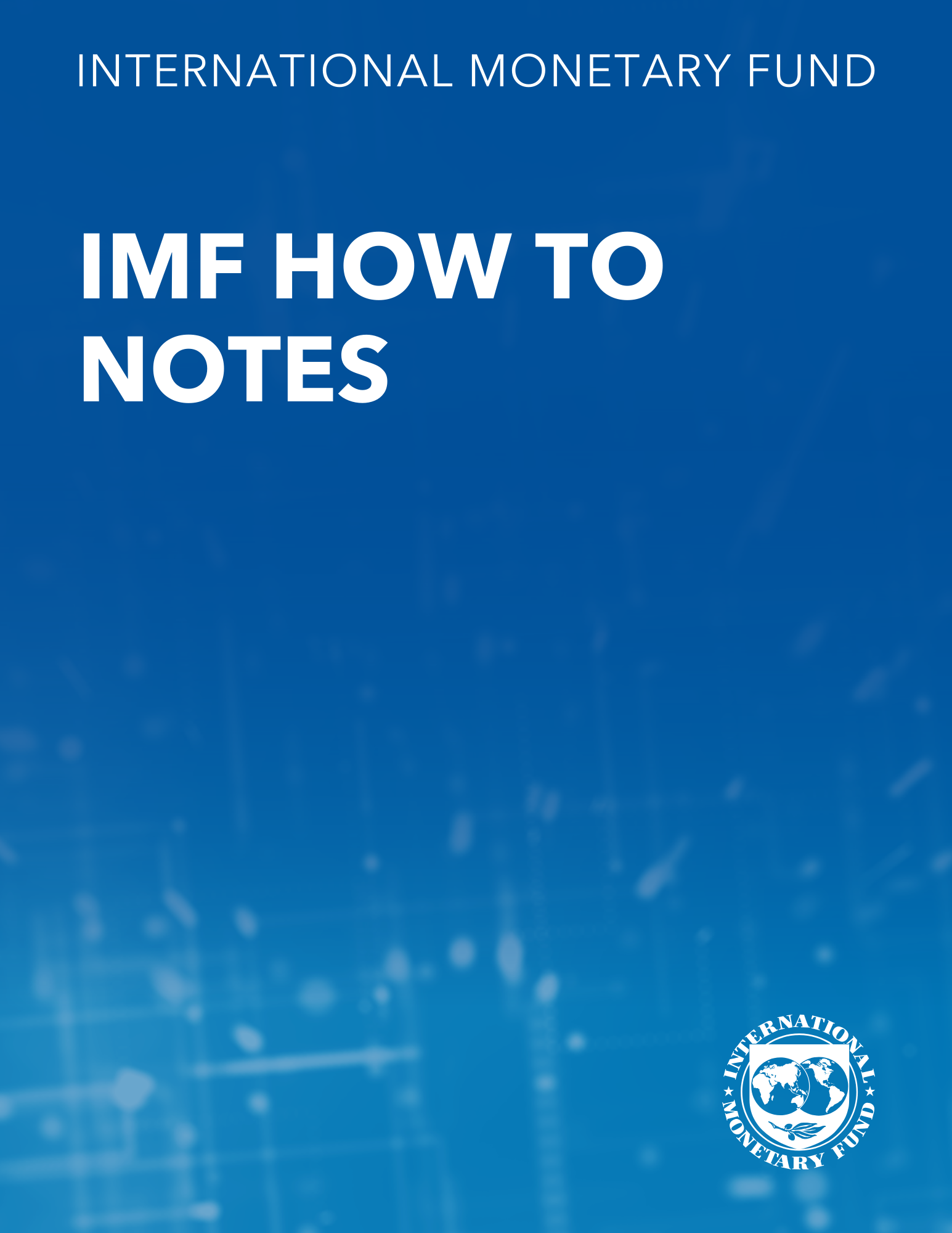Assessing Bias and Accuracy in the World Bank-IMF's Debt Sustainability Framework for Low-Income Countries
March 27, 2014
Disclaimer: This Working Paper should not be reported as representing the views of the IMF.The views expressed in this Working Paper are those of the author(s) and do not necessarily represent those of the IMF or IMF policy. Working Papers describe research in progress by the author(s) and are published to elicit comments and to further debate
Summary
The World Bank and the IMF have adopted a debt sustainability framework (DSF) to evaluate the risk of debt distress in Low Income Countries (LICs). At the core of the DSF are empirically-based thresholds for each of five different measures of the debt burden (the “debt threshold approach” DTA). The DSF contains a rule for aggregating the information contained in these five different variables which we label the “worst-case aggregator” (WCA) in view of the fact that the DSF considers a breach of any one of the thresholds sufficient to indicate a high risk of debt distress. However, neither the DTA nor the WCA has heretofore been subject to empirical testing. We find that: (1) the DTA loses information relative to a simple proposed alternative; (2) the WCA is too conservative (predicting crises too often) in terms of the loss function used in the DSF; and (3) the WCA is less accurate than some simple proposed alternative aggregators as a predictor of debt distress.
Subject: Debt burden, Debt default, Debt sustainability, Debt sustainability analysis, Double taxation
Keywords: debt distress, debt measure, long-term debt, loss function, WP
Pages:
39
Volume:
2014
DOI:
Issue:
048
Series:
Working Paper No. 2014/048
Stock No:
WPIEA2014048
ISBN:
9781475579772
ISSN:
1018-5941





